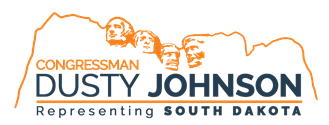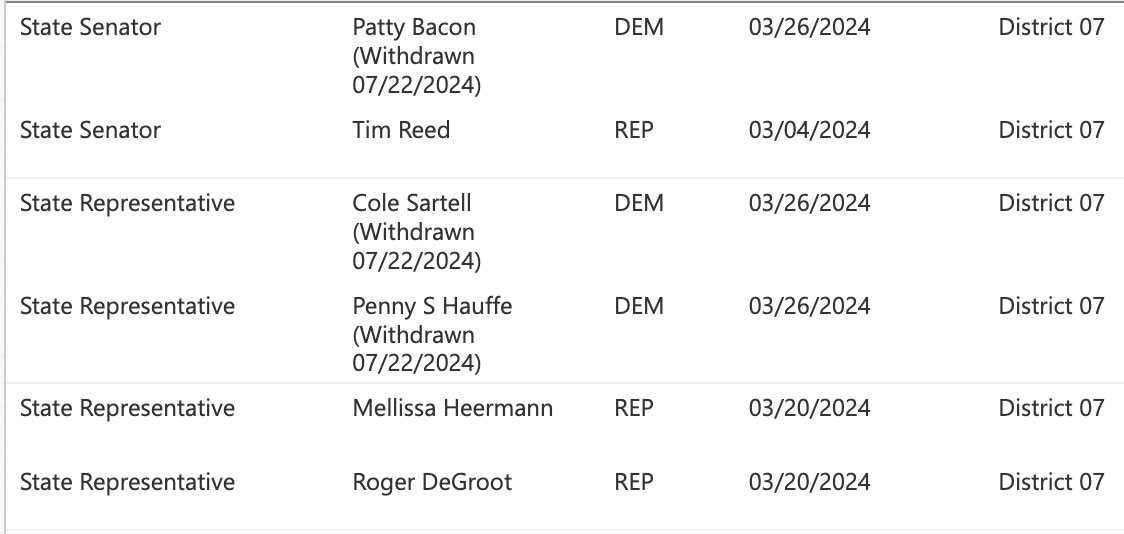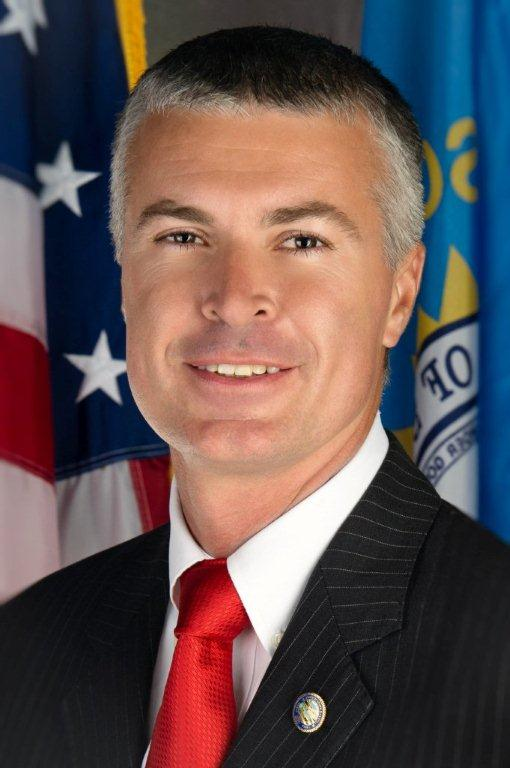
Rounds, Blumenthal, Colleagues Introduce Bipartisan Legislation to Strengthen Research and Treatment Development for Brain Cancers
WASHINGTON – U.S. Senators Mike Rounds (R-S.D.) and Richard Blumenthal (D-Conn.) introduced the Bolstering Research and Innovation Now (BRAIN) Act, bipartisan legislation to strengthen research and treatment development for brain tumors and to improve the accessibility of brain tumor health care.
“For me, the fight against cancer is personal. When my late wife Jean was courageously battling cancer a few years ago, we were already seeing encouraging progress in the development of new treatments for many cancers,” said Rounds. “I firmly believe we are years, not decades, away from seeing cures to many of the most deadly cancers. The BRAIN Act will allow us to continue capitalizing on the progress we have made so far by implementing programs and funding that will advance research and treatments for brain tumors. I am glad to be joining a bipartisan group of my colleagues on this legislation.”
“Malignant brain tumors remain a vicious and persistent enemy for many Americans—impacting more than one million people in the United States today,” said Blumenthal. “With incidence and survival rates remaining stagnant for decades, our bipartisan, bicameral BRAIN Act is needed to advance research and treatment for these highly deadly cancers and defeat brain tumors once and for all.”
Rounds and Blumenthal are joined on this legislation by their colleagues U.S. Senators Jack Reed (D-R.I.) and John Barrasso (R-Wyo.). The House version of the BRAIN Act is led by U.S. Representative Susan Wild (D-Penn.), who is joined by Representatives Brian Fitzpatrick (R-Penn.), Lori Trahan (D-Mass.) and John Joyce (R-Penn.).
“A brain tumor diagnosis is devastating news for too many American families, and the federal government needs to step up to help find a cure and better diagnostics and treatment. The BRAIN Act is about saving lives, changing lives, and improving health outcomes. It would help fast-track scientific discovery and breakthroughs by improving access to clinical trials for patients and advancing innovative new treatments. It would also make it easier for researchers to access biospecimens for new research on brain tumors and fund more clinical trials for the most aggressive, hard-to-treat brain tumors,” said Reed. “This bipartisan bill would also establish new programs and research for brain tumor survivors to improve quality of life and ensure appropriate follow up care over the long term.”
“After losing my wife, Bobbi, to glioblastoma, I know firsthand how tragic a brain tumor diagnosis can be for patients and their families. Raising awareness and supporting efforts to find a cure is a personal priority for me,” said Barrasso. “I’m proud to join my colleagues in introducing this bipartisan, bicameral legislation to advance treatments and support research to find a cure for these deadly diagnoses.”
“I am proud to be the House lead of the BRAIN Act, which will enable our medical community to research groundbreaking treatments and innovative systems of care for the millions of Americans affected by brain tumors,” said Wild. “American families — including my own — have been impacted by this terrible disease for far too long. I’ll never stop fighting for a cure, for the American children, adults, and seniors currently living with brain tumors, and to honor my mother, who I lost to brain cancer in 2014.”
“Sanford Health is grateful for Senator Rounds’ leadership on the BRAIN Act,” said Dr. David Pearce, President of Sanford Research. “This legislation offers a fantastic opportunity to expand upon our brain tumor and cancer research. From our pediatric research to clinical trials to our Biobank, Sanford Research is excited to see the positive impacts the BRAIN Act will have on this important work.”
“To treat more difficult cancers, such as brain cancer, we will need advances in research and innovation,” said Katie VanBeek, Administrative Lead of Avera’s Oncology Service Line. “AveraCancer Institute has a strong history of offering clinical trials, including Phase 1 trials. Due to our experience in this area, we’ve expanded access of cancer clinical trials to rural and regional cancer centers so that people have access to more treatment options, no matter where they live. We are optimistic about this bill that will continue to drive positive change for our patients.”
Specifically, the BRAIN Act:
- Increases transparency of federally-funded biobank collections so that researchers are aware of others who possess samples that might be shared to enable important research.
- Sufficiently resources the National Cancer Institute’s Glioblastoma Therapeutics Network, so that it can realize its promise of vetting treatments and completing innovative early-phase clinical trials.
- Enables team science to advance immunotherapy research (CAR-T) engineered to attack brain cancer cells.
- Directs the Centers for Disease Control to conduct a public education campaign around the importance of clinical trials and biomarker testing in cancer treatment.
- Augments and expands funding to develop innovative systems of care models for brain tumor survivors.
- Directs FDA to issue guidance to ensure brain tumor and other rare and recalcitrant cancer patient access to clinical trials evaluating treatments for other diseases.
Today, more than one million people in the United States are living with a primary brain tumor. Another 94,000 more will likely be diagnosed in 2024, in addition to hundreds of thousands of Americans diagnosed with metastatic brain cancer. Despite major improvements made in the treatment of other cancers in recent years, incidence and survival rates for malignant brain tumors have remained stagnant for 45 years, with a five-year relative survival rate of only 35.7%.
Click HERE for full bill text.
###





 PIERRE, S.D. – South Dakota Attorney General Marty
PIERRE, S.D. – South Dakota Attorney General Marty